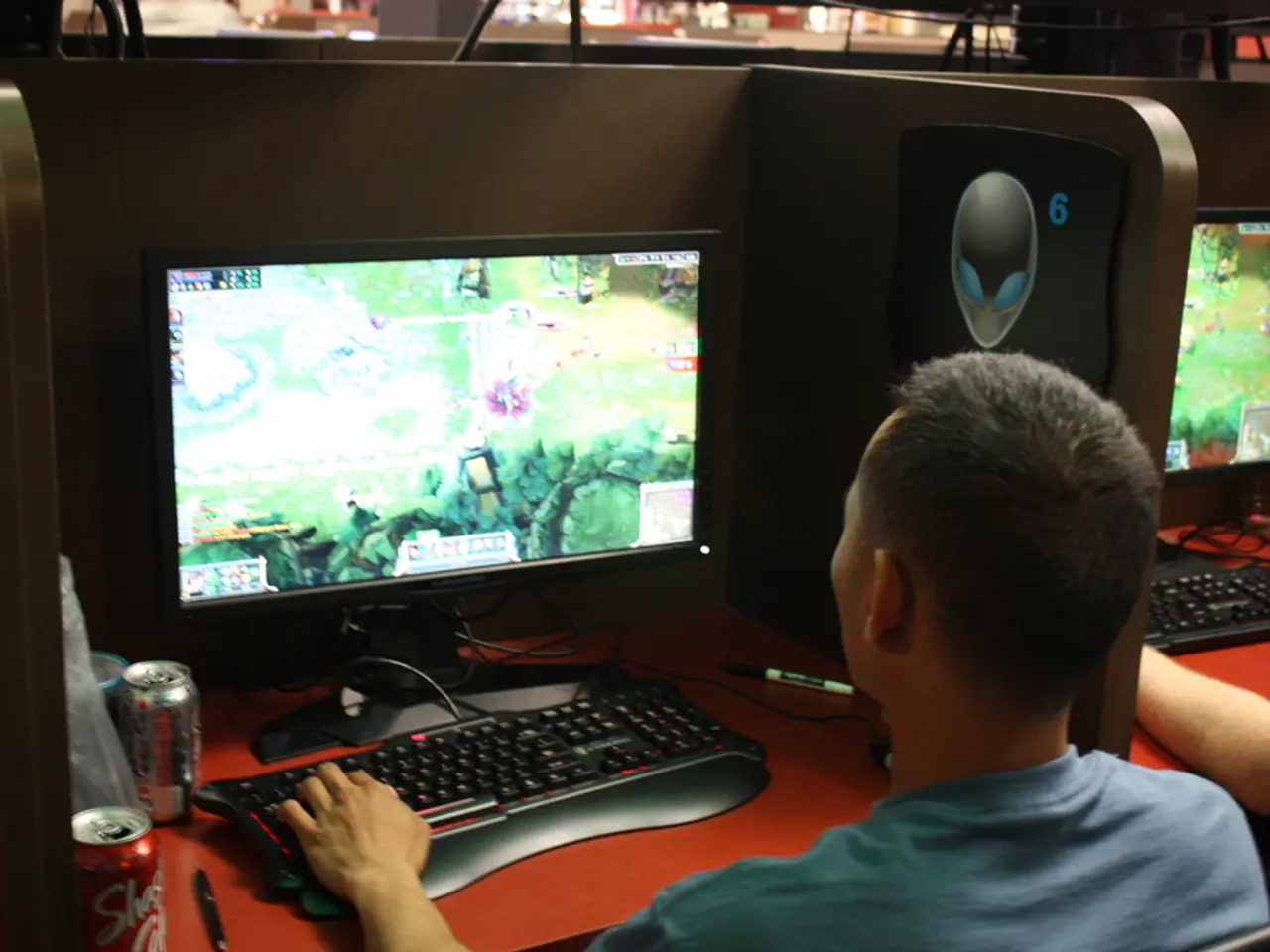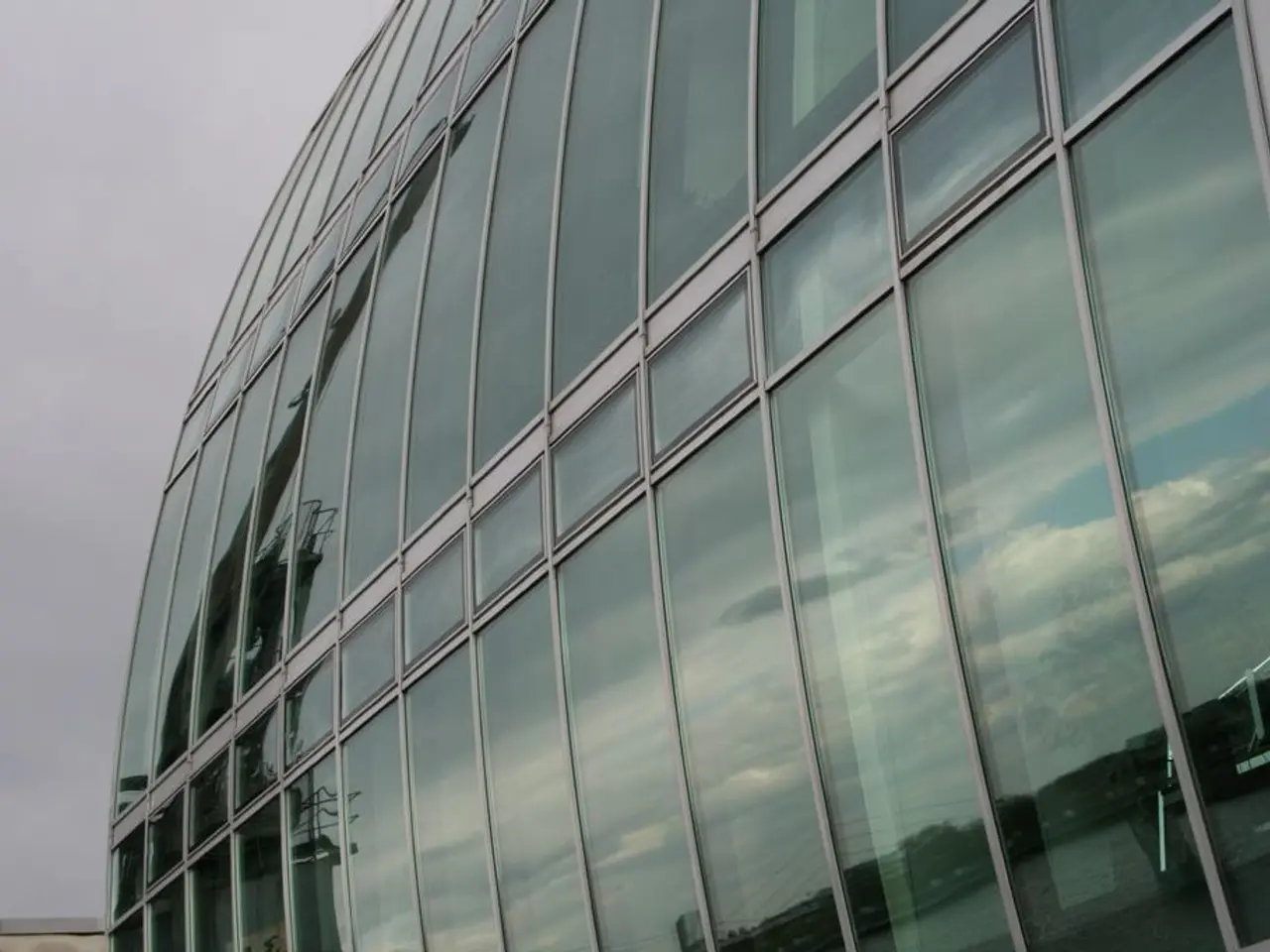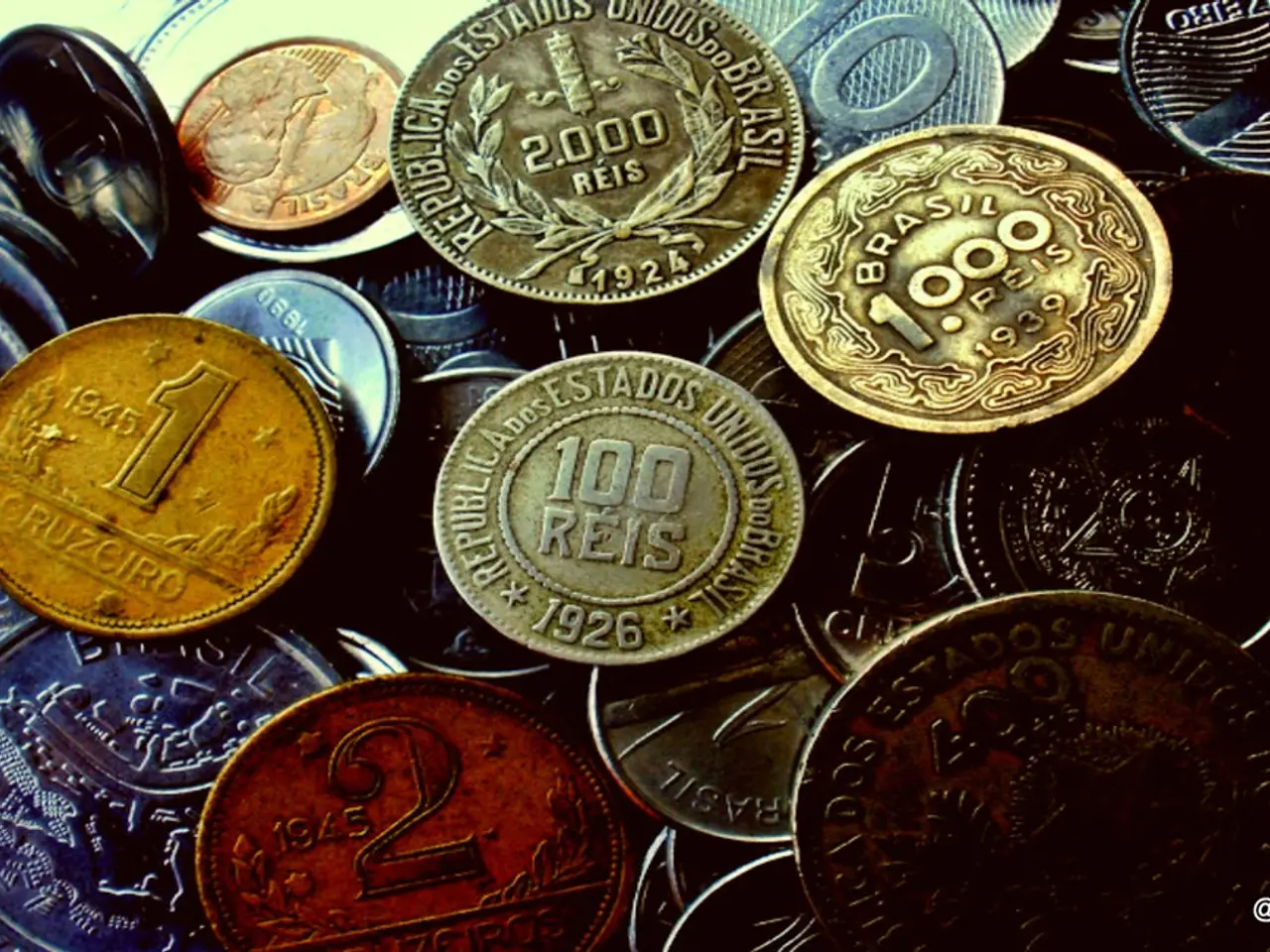U.S. imposes 20% tariffs on semiconductors from Taiwan, leaving them in a trade limbo under Trump's policy.
On July 31, 20XX, President Donald Trump signed an executive order titled "Further modifying the reciprocal tariff rates." This order has significant implications for the global semiconductor industry, particularly for Taiwan.
The order imposes reciprocal tariffs on a number of countries, including Syria, Myanmar, and Laos, with a blanket tariff of 40% on goods that have been transhipped. However, it is the potential impact on Taiwan that has drawn attention. The current reciprocal tariff rate imposed on semiconductor-related exports from Taiwan is 20%, effective August 7, 2025. This tariff applies broadly but key products such as semiconductors are currently exempt.
Taiwanese officials, including President Lai Ching-te, have described the 20% tariff rate as provisional and are actively negotiating with U.S. counterparts to potentially secure a lower levy or carve-outs for semiconductors. These negotiations aim to mitigate potential harm to Taiwan’s semiconductor industry and exports, which constitute a large share of its trade with the U.S.
The U.S. strategy may involve phased tariff increases on semiconductors over two to three years, aiming to encourage semiconductor manufacturing relocation or investment within the U.S. Despite these tariffs, large Taiwanese semiconductor companies like TSMC are investing billions in U.S. chip manufacturing to align with U.S. trade and industrial policies. However, they have warned that tariffs could undermine demand and disrupt investment plans.
Notable developments include TSMC's plans to add three fabrication plants and two advanced packaging facilities in America. TSMC is currently producing 4-nanometer chips in Arizona. Samsung, too, already runs a mature node fab out of Austin, and its Taylor fab is due to be operational in the future.
The US's tariffs are intended to penalize those relying on imported goods and incentivize production within the country. However, with more fabs operational, higher demands make it unlikely that American production can account for all demand. This could lead to higher costs for PC gaming hardware enthusiasts if exemptions aren't made.
Taiwanese President Lai Ching-te has stated that the goal of further meetings is to get a different rate for chips, suggesting a potential exception for semiconductors may be considered. Previous tariff announcements have left PC Hardware manufacturers in a strange spot, where many had to pause shipments or shift production.
It is important to note that Malaysian pharmaceuticals and semiconductors are exempt from these new tariffs, but no exception has been announced for Taiwan. The Razer Blade 16 is one of the best gaming laptops, while the Lenovo Legion Go S SteamOS ed. is one of the best handheld gaming PCs, and the HP Omen 35L is one of the best gaming PCs.
As this situation continues to develop, it is crucial to monitor negotiations between the U.S. and Taiwan, as well as the potential impact on the global semiconductor industry.
- The tariffs imposed by the US on various countries, including Taiwan, could potentially affect the finances of large semiconductor companies such as TSMC and Samsung, as they are investing billions in US chip manufacturing.
- Despite the 20% tariff rate imposed on semiconductor-related exports from Taiwan, President Lai Ching-te and Taiwanese officials are negotiating with US counterparts to secure a lower levy or carve-outs for semiconductors.
- The US's tariffs are intended to encourage semiconductor manufacturing relocation or investment within the US, but it is uncertain if American production can account for all demand due to the increasing number of fabrication plants being operational.
- The potential impact of these tariffs on Taiwan's semiconductor industry and exports, which constitute a large share of its trade with the US, is a matter of general-news interest.
- With no exception announced for Taiwan, the current tariffs may lead to higher costs for PC gaming hardware enthusiasts who rely on imports, particularly given the exemption of Malaysian pharmaceuticals and semiconductors from these new tariffs.




